What to Read Next (No. 233): The Infinite Varieties of Human Nature
AKA, My 8 Favorite Reads of the Year So Far
Every summer, around this same time, I take a look at my reading log for the first half of the year, pick a handful of favorites thus far, and try to figure out if there’s any connecting threads. There aren’t always, and sometimes I have to look hard to find one.
This year, to my surprise, there’s been a glaringly obvious recurring theme in my favorites.
The books that have best held my interest and that have occupied the most space in my head are those that have explored the infinite, unpredictable, beautiful varieties of human nature.
The books featured here explore the human spirit in the course of historical events, in fictional scenarios, and in real-time life experiments. They’re heavy on curiosity and empathy, and, just as important, light on judgment or any sense of rushing to a conclusion.
How people respond in any given situation is as unique as their fingerprints. And yet, there are connective threads and shared motivations that we can all learn from.
I’m not much into books directly about psychology, but the history books and novels I’ve most enjoyed this year are heavy on the subject, despite not being explicitly so.
I used to think that the greatest skills to cultivate would be those that could earn you money or acclaim of some sort — something intellectual, managerial, or even a physical skill/hobby. But I’ve come to learn in the last year or so* that the most important skills to learn are social: listening (to more than just words), observing, empathizing, exploring how people make decisions and what motivates them.
*I have a hunch that this is related to my changing jobs twice in the last year and navigating coworking relationships in ways that I’ve never really had to before.
So where does reading fit in here? How can sitting down with a book make you more attuned to how people live and act? It’s generally a solitary activity that stays entirely in your head, unless you’re in a book club or, ahem, review books on the internet.
Here’s what’s incredible though: reading, especially fiction, increases what’s called your theory of mind. This refers to your capacity to understand other people, and, even more importantly, the knowledge that other people’s mental states, beliefs, desires, intentions, emotions, and overall life experiences may be (heck, are likely to be) different than yours.
In layman’s terms: reading has the capacity to make you a better, kinder, more empathetic, and less judgmental human being. Is there any more valuable activity that you can give your time and attention to?
Below is a list of my 8 favorite reads of the year so far. They have all expanded my worldview, given me a better understanding of what it means to be human, and — the cherry on top — are damn entertaining.
The books are more recently published than I would have expected — and only one of them was sent to me by a publisher (I get oodles of books sent to me by publishers eager for good reviews). The rest were purchased, borrowed from the library, or given as gifts. There’s some kinda lesson in there. Maybe I’ll land on it someday.
In the comments, let me know your favorite read of the year so far. I’d love to hear!
FICTION
The Great Believers by Rebecca Makkai (2018)
The Great Believers centers on a group of friends in Chicago’s gay community during the onset and proliferation of AIDS in the ‘80s and ‘90s. It’s inevitably bleak at times, but also has bright rays of hope and joy throughout.
Still Life by Louise Penny (2007)
I just finished this one and didn’t hesitate to immediately add it to my favorites list. Still Life was Penny’s first novel and introduced readers to Inspector Armand Gamache. There’s an incredible sense of place and atmosphere, insightful explorations into human nature (rather than just solving clues), and a wonderfully satisfying puzzle to solve. Can’t wait to continue the series.
Sea of Tranquility by Emily St. John Mandel (2022)
Another one that I recently finished and haven’t reviewed in the newsletter yet. It’s reminiscent of Cloud Cuckoo Land (one of my favorite reads of the last few years), but in a tighter package. The range of writing is incredible — from meta-commentary on Mandel’s own bestselling pandemic novel, to historical fiction, to sci-fi, to even some philosophy and speculative fic. I absolutely loved it and would like to read it again, knowing how all the pieces fit together.
The Lager Queen of Minnesota by J. Ryan Stradal (2019)
I’ve had a good few weeks of reading, to say the least, with one more book that I haven’t yet reviewed here in the newsletter. It was a buddy read with my pal Jonny, which easily earned 5 stars from both of us. The setting (including my home town!), the unforgettable characters, the passion for beer . . . it all made for that rare story that I actually wanted 100 more pages of. I don’t hesitate to recommend this book to anyone and everyone, which is another rarity.
NON-FICTION
The Warmth of Other Suns by Isabel Wilkerson (2010)
Ever since Wilkerson’s book was published back in 2010, it’s been praised as one of the great histories of all-time regarding Black America. And yet it covers a period of American history that most people have never heard of: the Great Migration, which took place between 1915 and 1970. It’s long, but Wilkerson’s format and writing style make it easily digestible. An exceptional book in every facet.
Empire of Pain by Patrick Radden Keefe (2021)
In Patrick Radden Keefe’s latest masterpiece, he delves into the Sackler family, made infamous for their role in perpetrating America’s opioid crisis. It reads like a great Shakespearean drama, rife with familial infighting, backstabbing, oath-breaking, and conniving.
Empire of Pain is an urgent plea for justice and, along with Dopesick, will someday be known as a foundational piece of reporting on America’s opioid era. I can’t recommend this one highly enough.
The Splendid and the Vile by Erik Larson (2020)
Churchill is one of the most written-about figures in world history, so I’m understandably skeptical regarding any new book about him. But Larson, as he’s done throughout his career (Devil in the White City, Dead Wake, etc.), proves that sometimes it’s more about how you frame and tell a story than the details of that story. The writing is top-notch, the storytelling is second-to-none, and the structure makes its 500 pages incredibly compelling and readable.
The Biggest Bluff by Maria Konnikova (2020)
Though it’s definitely a poker book, The Biggest Bluff is actually much more about human nature. How to master any domain, how to weather the inevitable bumps in the road, how to read and judge other people’s actions, how simply paying attention puts you a step above the competition. It just so happens that poker is the perfect lens through which to explore those ideas. This one doesn’t come right to mind as one of my favorites of the year, but I’ve found myself thinking about it a lot, which speaks volumes.
Thanks so much for reading. I can’t thank you all enough for the time, attention, and inbox space!
Until next week,
-Jeremy


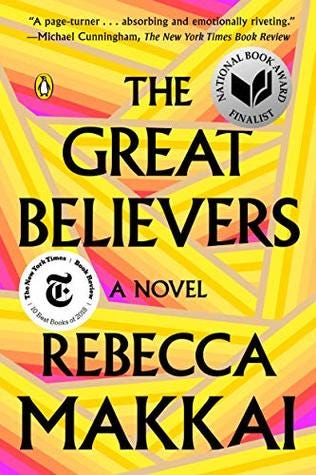
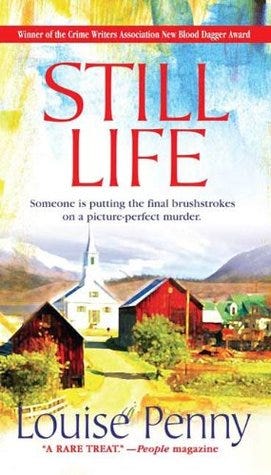



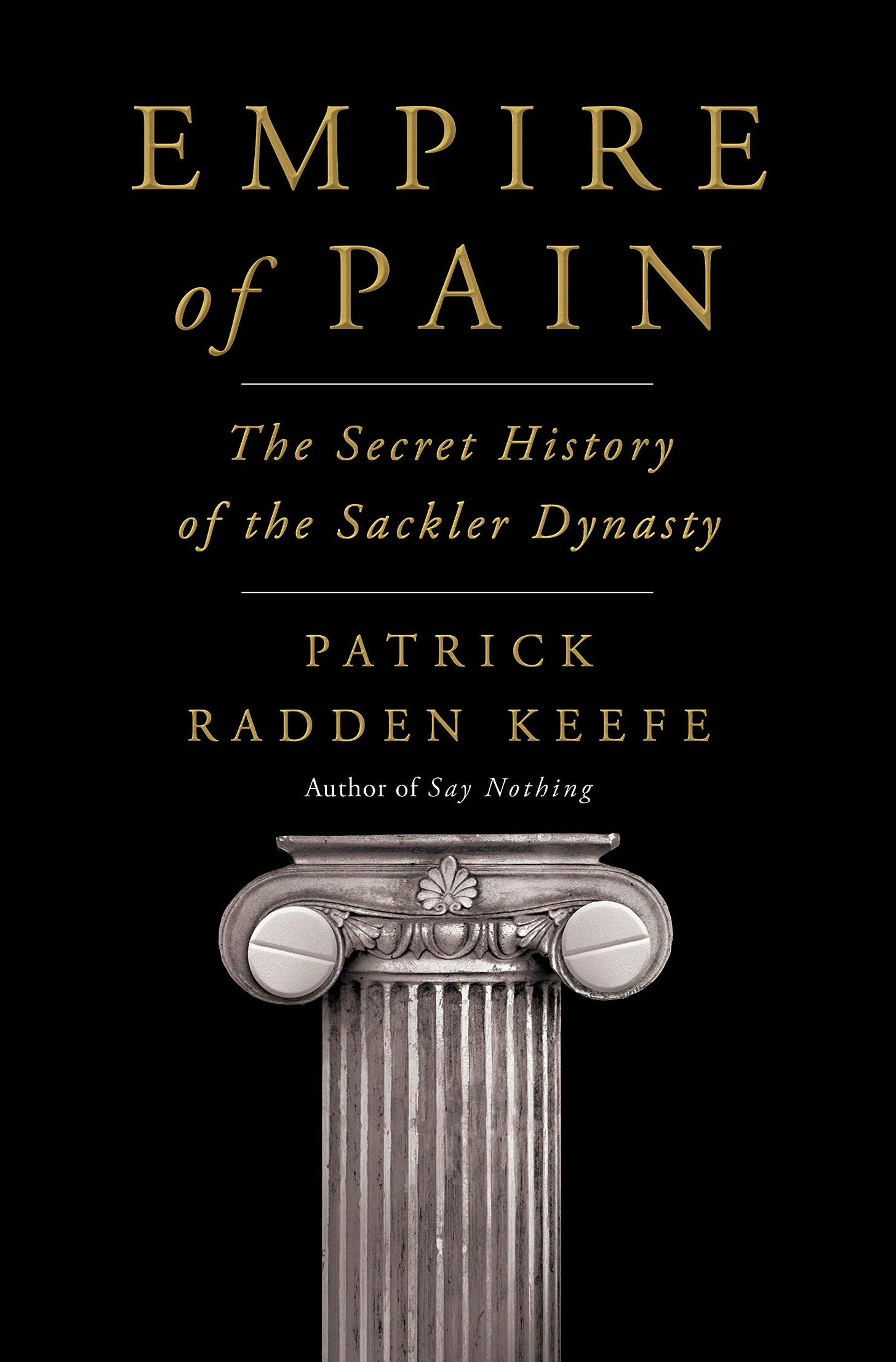
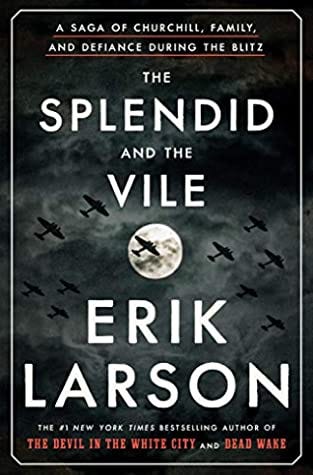
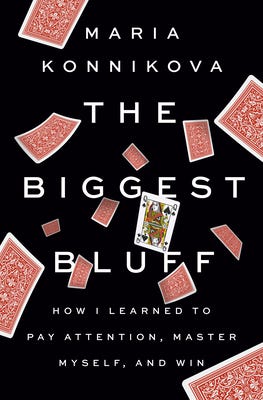
Also read The warmth of other suns. I was struck by the huge efforts to escape Jim Crow south, only to find the subtle racism on the north.
Reading Hamilton by Ron Chernow. It amazes me how the same ideas that Hamilton fought against are still being fought today.
My favorite read of the year has been How Long ‘Til Black Future Month? a collection of stories by NK Jemisin